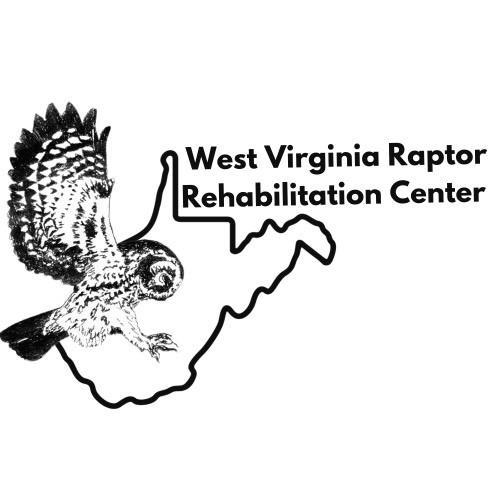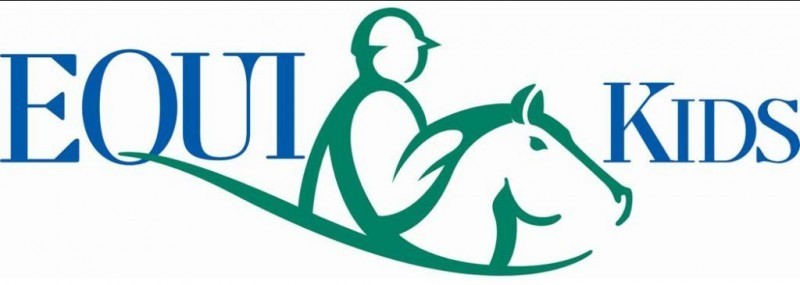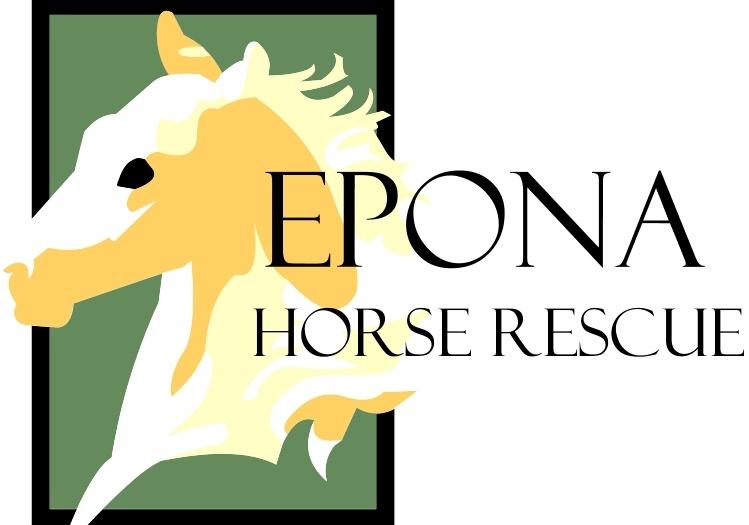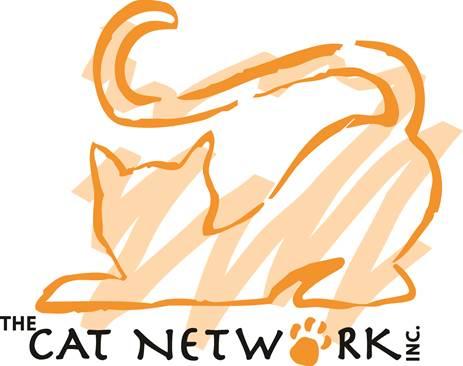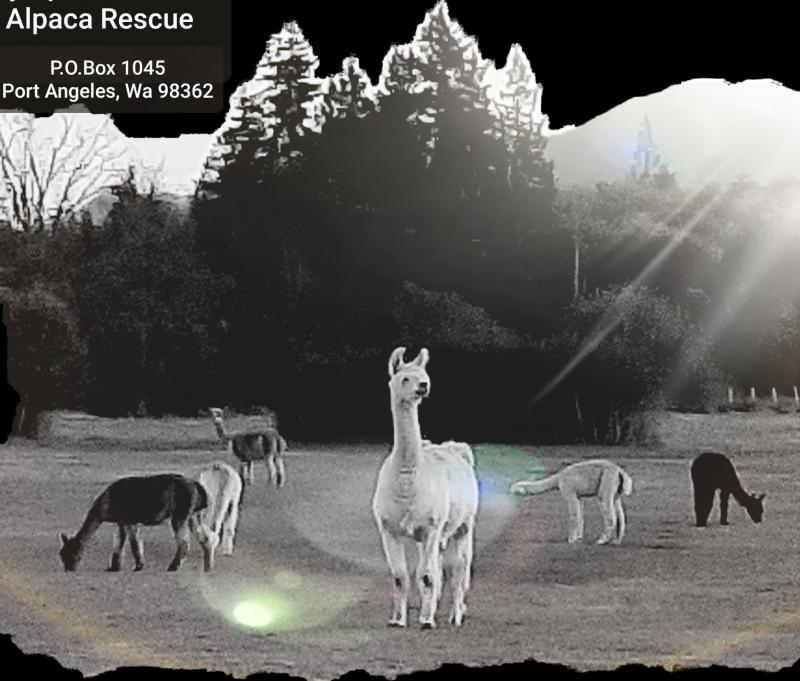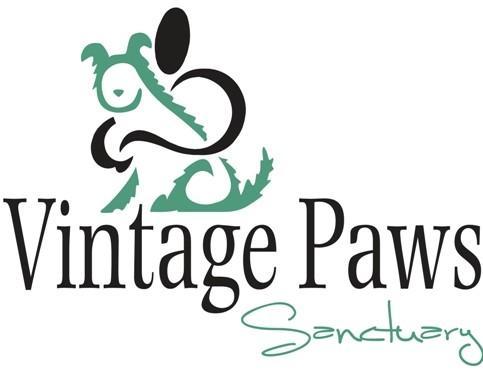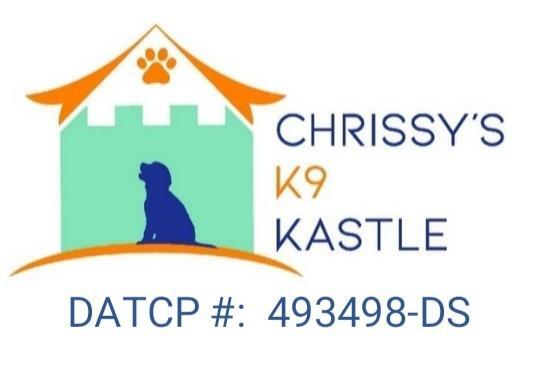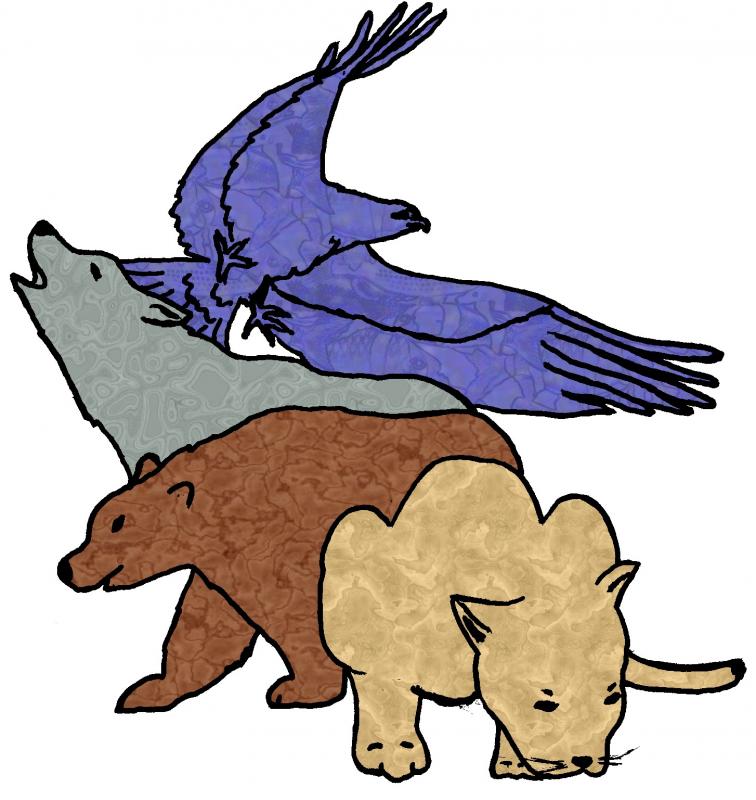Causes: Animal Protection & Welfare, Animals, Protection of Endangered Species, Wildlife Sanctuaries
Mission: The core mission of the International Anti-Poaching Foundation (IAPF) is wildlife conservation through direct action.
Across much of Africa, anti-poaching tactics have remained largely unchanged for decades. Small groups of undertrained and poorly equipped rangers are sent out for days on end to conduct patrols in remote and dangerous locations. Modern-day poachers have evolved and routinely utilize military tactics and equipment to kill high-target species, such as elephants, rhinos and gorillas. In the crossfire, rangers are also killed. Seeing this tragedy and need, the IAPF set out in 2009 to fill the gap.
The IAPF has a structured approach to conservation, employing the relevant tactics and technology to defend wildlife from the ever-increasing threat of poaching within protected areas. Anti-poaching, however, is only a portion of the conservation solution. To be a part of successful projects, the IAPF works alongside partners who specialize in community engagement and development, research and development, wildlife rescue and biodiversity management.
Anti-poaching protects community assets, creates jobs, promotes training and education, and reduces habitat destruction. In the many water-stressed countries of southern Africa, future generations will depend on these critical natural environments for their very wellbeing.
Results: Since inception in 2009, the IAPF has worked to close the gap between highly sophisticated criminal poaching networks and undertrained and poorly equipped rangers.
This work has generated impactful and impressive results in Zimbabwe, Mozambique, and South Africa through programs such as Eco Ranger, Anti-Poaching Intelligence Group, Anti-Poaching Training and Patrols, Game Reserves United, Victoria Fall Anti-Poaching Unit, and IAPF Air Support.
In 2016, due to a determined IAPF presence between poaching forces in Mozambique and the South African border validated poaching losses in adjacent areas of Kruger National Park were reduced by 80% versus 2015.
In 2017, IAPF initiated the Akashinga ("The Brave Ones") Female Anti-Poaching Unit project. Akashinga is a community-driven conservation model, empowering disadvantaged women to restore and manage a network of wilderness areas an alternative to trophy-hunting.
Going strong and expanding in 2022, Africa’s first armed, plant-based, all-women anti-poaching unit is revolutionising the way that animals are protected – and arresting poachers without firing a single shot.
Target demographics: High Target Species such as elephant and rhino that are being hunted to extinction by poachers and ruthless criminal networks with global reach.
Direct beneficiaries per year: Endangered wildlife and habitats in Zimbabwe, Mozambique, and South Africa. We also created educational resources for teachers and students focused on the importance of habitat preservation and conservation.
Geographic areas served: Zimbabwe, Mozambique, Malawi, South Africa, Kenya
Programs: A structured approach to conservation, employing the relevant tactics and technology to defend wildlife from the ever-increasing threat of poaching within protected areas.
Anti-poaching, however, is only a portion of the conservation solution. To be a part of successful projects, the IAPF works alongside partners who specialize in community engagement and development, research and development, wildlife rescue and biodiversity management. This includes immediate and long-term education solutions for game rangers in harm's way to effectively protect high-target species and their surrounding ecosystems.
Thank you for being part of this important conservation work!
Mission: The core mission of the International Anti-Poaching Foundation (IAPF) is wildlife conservation through direct action.
Across much of Africa, anti-poaching tactics have remained largely unchanged for decades. Small groups of undertrained and poorly equipped rangers are sent out for days on end to conduct patrols in remote and dangerous locations. Modern-day poachers have evolved and routinely utilize military tactics and equipment to kill high-target species, such as elephants, rhinos and gorillas. In the crossfire, rangers are also killed. Seeing this tragedy and need, the IAPF set out in 2009 to fill the gap.
The IAPF has a structured approach to conservation, employing the relevant tactics and technology to defend wildlife from the ever-increasing threat of poaching within protected areas. Anti-poaching, however, is only a portion of the conservation solution. To be a part of successful projects, the IAPF works alongside partners who specialize in community engagement and development, research and development, wildlife rescue and biodiversity management.
Anti-poaching protects community assets, creates jobs, promotes training and education, and reduces habitat destruction. In the many water-stressed countries of southern Africa, future generations will depend on these critical natural environments for their very wellbeing.
Results: Since inception in 2009, the IAPF has worked to close the gap between highly sophisticated criminal poaching networks and undertrained and poorly equipped rangers.
This work has generated impactful and impressive results in Zimbabwe, Mozambique, and South Africa through programs such as Eco Ranger, Anti-Poaching Intelligence Group, Anti-Poaching Training and Patrols, Game Reserves United, Victoria Fall Anti-Poaching Unit, and IAPF Air Support.
In 2016, due to a determined IAPF presence between poaching forces in Mozambique and the South African border validated poaching losses in adjacent areas of Kruger National Park were reduced by 80% versus 2015.
In 2017, IAPF initiated the Akashinga ("The Brave Ones") Female Anti-Poaching Unit project. Akashinga is a community-driven conservation model, empowering disadvantaged women to restore and manage a network of wilderness areas an alternative to trophy-hunting.
Going strong and expanding in 2022, Africa’s first armed, plant-based, all-women anti-poaching unit is revolutionising the way that animals are protected – and arresting poachers without firing a single shot.
Target demographics: High Target Species such as elephant and rhino that are being hunted to extinction by poachers and ruthless criminal networks with global reach.
Direct beneficiaries per year: Endangered wildlife and habitats in Zimbabwe, Mozambique, and South Africa. We also created educational resources for teachers and students focused on the importance of habitat preservation and conservation.
Geographic areas served: Zimbabwe, Mozambique, Malawi, South Africa, Kenya
Programs: A structured approach to conservation, employing the relevant tactics and technology to defend wildlife from the ever-increasing threat of poaching within protected areas.
Anti-poaching, however, is only a portion of the conservation solution. To be a part of successful projects, the IAPF works alongside partners who specialize in community engagement and development, research and development, wildlife rescue and biodiversity management. This includes immediate and long-term education solutions for game rangers in harm's way to effectively protect high-target species and their surrounding ecosystems.
Thank you for being part of this important conservation work!
1655 N. Ft. Myer Drive, Arlington, VA 22209
540-316-0019

Animals
Arlington







